One of the Knox Campus Diversity Committee’s goals for the last few years has been to create a land acknowledgment.
“A land acknowledgment is typically a statement that is crafted by an institution, be it a school or another type of organization, that literally acknowledges that the land that we are on was taken from Native Americans,” theatre professor and Campus Diversity Committee member Deana Nichols said. “The problem with that is if that’s where you leave it, with a statement that you post on a wall, that’s really not good enough, because that’s literally just words.”
“First of all, that statement needs to be crafted in collaboration with members of the tribes who we’re acknowledging, and again, also, it can’t just be a statement and no action behind it, because then we’re just performing,” Nichols said.
The Campus Diversity Committee includes faculty, staff, and students. There are subcommittees within the committee that focus on specific areas or projects. Nichols is serving on the subcommittee working on the land acknowledgment.
She described the process as having three main parts, based on what the committee is already working on.
“I see it as three sort of prongs of the land acknowledgment process, and one of those is a statement. But that’s going to take time, and in the meantime, we need to work on the things that we’re doing to back up what we’re saying in the statement,” Nichols said.
The second prong is education. The committee aims for students and faculty to learn about the tribes whose land Knox is on.
“And not just to know about them in terms of the past, but for me, I’m Chickasaw, and so for me, that education is about the past, but it’s also about the present, and where they are now, and what they’re doing, and their survivance, and how they have survived and thrived in spite of persecution for the last several hundred years, and so we’re wanting to do some sort of education sessions,” Nichols said.
The tribes that will be acknowledged in the statement include the Citizen Potawatomi Nation, the Kickapoo Tribe of Oklahoma, the Meskwaki Nation/the Sac and Fox Tribe of the Mississippi in Iowa, the Peoria Tribe of Indians in Oklahoma, the Prairie Band Potawatomi, the Sac and Fox Nation of Missouri in Kansas and Nebraska, and the Sac and Fox Nation of Oklahoma.
The education sessions would likely happen on an upcoming Fall Institute or another day off of classes when students and faculty can more easily attend. The committee also wants to develop more programs centered on Indigenous history and representation, such as the Indigenous Representation and Cultural Identity in Illinois immersion course offered this past summer.
Some in the Knox community have already begun this work.
Catherine Denial, Mary Elizabeth Hand Bright and Edwin Winslow Bright Distinguished Professor of American History, in the spring of 2021 taught HIST 347: Museums, Monuments, and Memory, in which students researched the founding of Knox College and how the institution benefited from settler colonialism. The students created the Before Knox website to present their research.
The third prong of the land acknowledgment process, which Nichols said the committee has made the most progress on thus far, is expanding the Prairie Promise.
The Prairie Promise is a financial aid program that meets 100% of Illinois residents’ financial needs as demonstrated by the FAFSA. With the expansion of the Prairie Promise, students who are members of any of the tribes who have previously been in the land now called Illinois will be eligible.
According to an email from Vice President for Enrollment and Dean of Admission Nathan Ament, the Prairie Promise expansion will be available to new students starting in Fall 2025.
“It’ll kind of be a thing where, if you’ve already been accepted [to Knox], you’ll find out after you’ve been accepted that this is a program that’s available to you if you are a member of one of these tribes, which is better than what we have now,” Nichols said. “But I want us to get to the point where we actually promote the program to the tribes because I sure would love for us to have a greater representation in Native American students because we don’t have many at the moment.”
According to fall census data reported by registrar Patrick Hathaway, three current students identified as Native American or Native Alaskan. An additional 51 current students identified as multiracial, so any number of these students may or may not also be Native American or Native Alaskan, but there is not enough information to know because the census does not collect data on which racial backgrounds multiracial students identify with.
In the last ten years, the highest number of students identifying solely as Native American or Native Alaskan was five students in 2014.
This summer, Nichols and a few committee members met with an administrator from another institution to discuss best practices in moving forward with the land acknowledgment process.
“The administrator from the other school who has worked with tribes was really excited that we were in the process of [expanding the Prairie Promise] so that we can just bring something to the table when we’re having those conversations [with the tribes], so it’s not just us going, hey, we’re trying to do the right thing; tell us what to do, because that’s asking them to do labor that they shouldn’t have to do,” Nichols said. “So it was a really helpful conversation that helped to sort of center us and help us to figure out what our priorities should be.”
The next steps will take a long time.
The committee is not yet ready to work with tribes to write the statement. They continue to focus on research, reckoning with Knox’s past and present, determining best practices, and preparing for diplomatic relations.
“Because they are sovereign nations, in the same way that, if we wanted to establish some sort of alliance or program between the US and Canada, I’m not the person that should—I’m not going to call Justin Trudeau—because of the need for a diplomatic level of conversation. We can do a lot of groundwork for that, but we can’t actually do that because it would be inappropriate, and so, again, that process just takes a lot of time,” Nichols said.
The committee has already begun working with Knox College President Andrew McGadney and will continue in the upcoming months to prepare for future communication with the tribes, as he is the one who will represent Knox in these diplomatic conversations.
The committee has been working on the beginning stages of the land acknowledgment process for the last few years. Nichols said being patient has been challenging as she tries to slow down to determine the best way forward.
“Getting these frequent reminders of the gravity of what we’re doing helps me to sort of go, okay, Deana, patience, patience, patience,” Nichols said. “Because I would much rather it take years and be respectful than just, you know, run out there with a flag.”
Nichols empathized with students who were struggling to be patient, as well.
“I could imagine the frustrating thing about being a student and hearing about this is, if this process takes five years, you’re not going to be here when that happens. I’ve heard from students that that’s a frustrating thing about change happening, that it doesn’t happen fast enough for them to even experience it. I wish we could do things faster, but we really can’t,” Nichols said. “So I guess I would want them to know that it’s in process, and we are working on it, by golly. And the fact that we have made progress in terms of the Prairie Promise extension.”

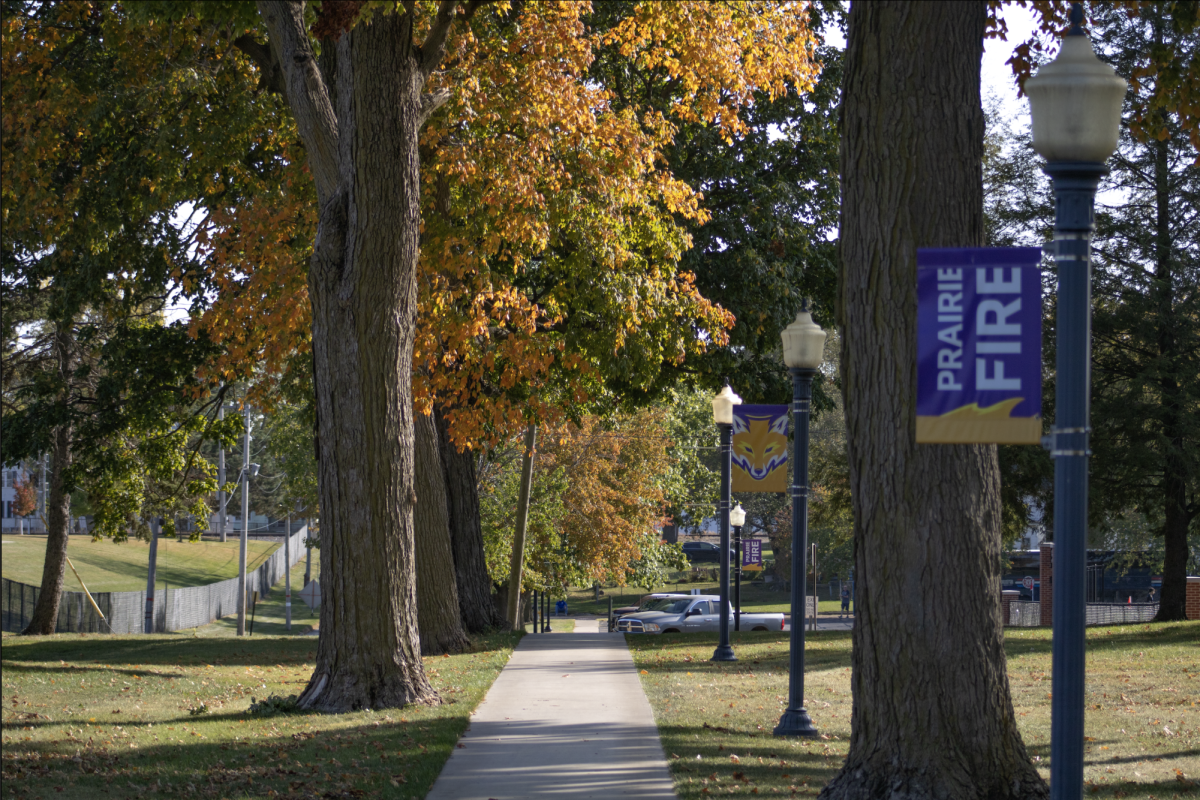
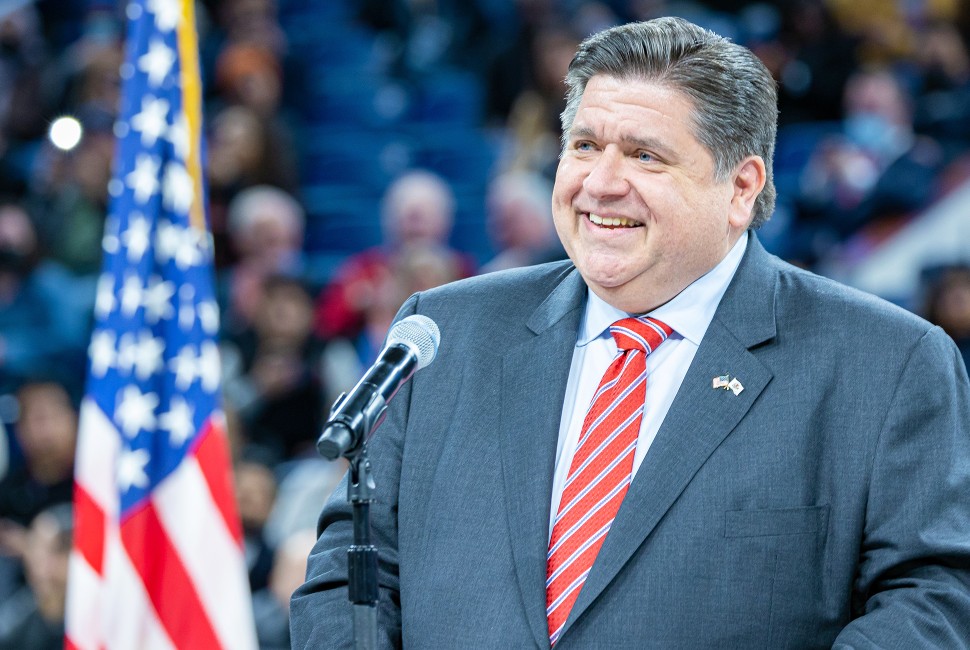
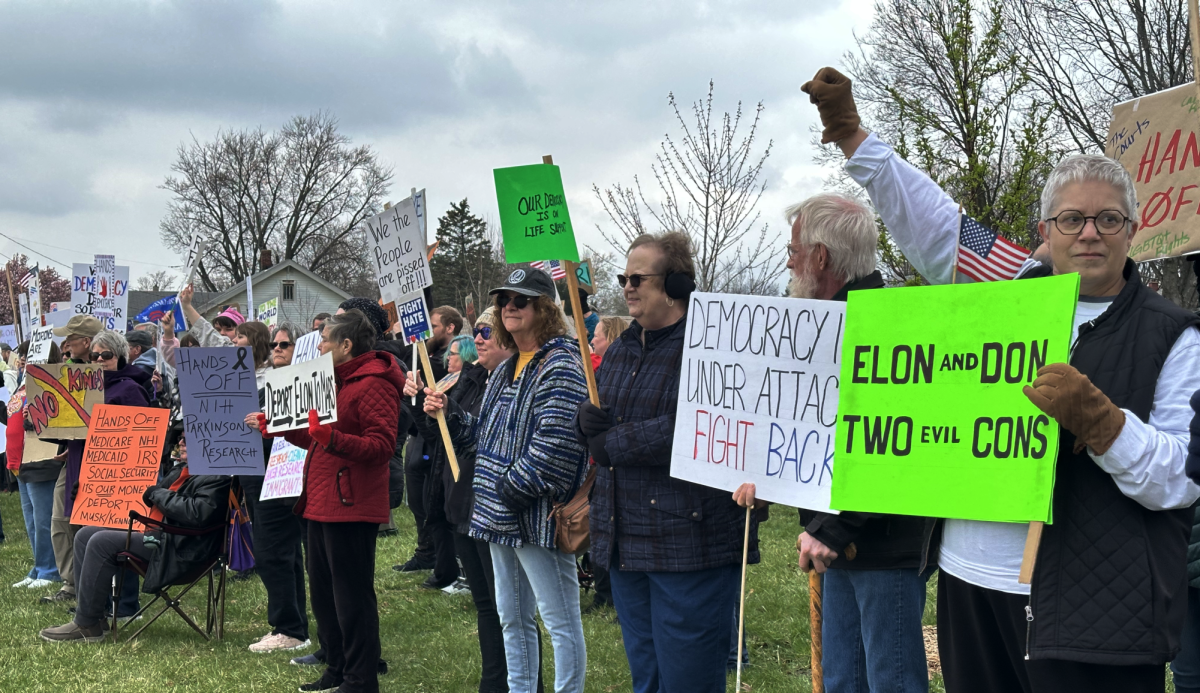
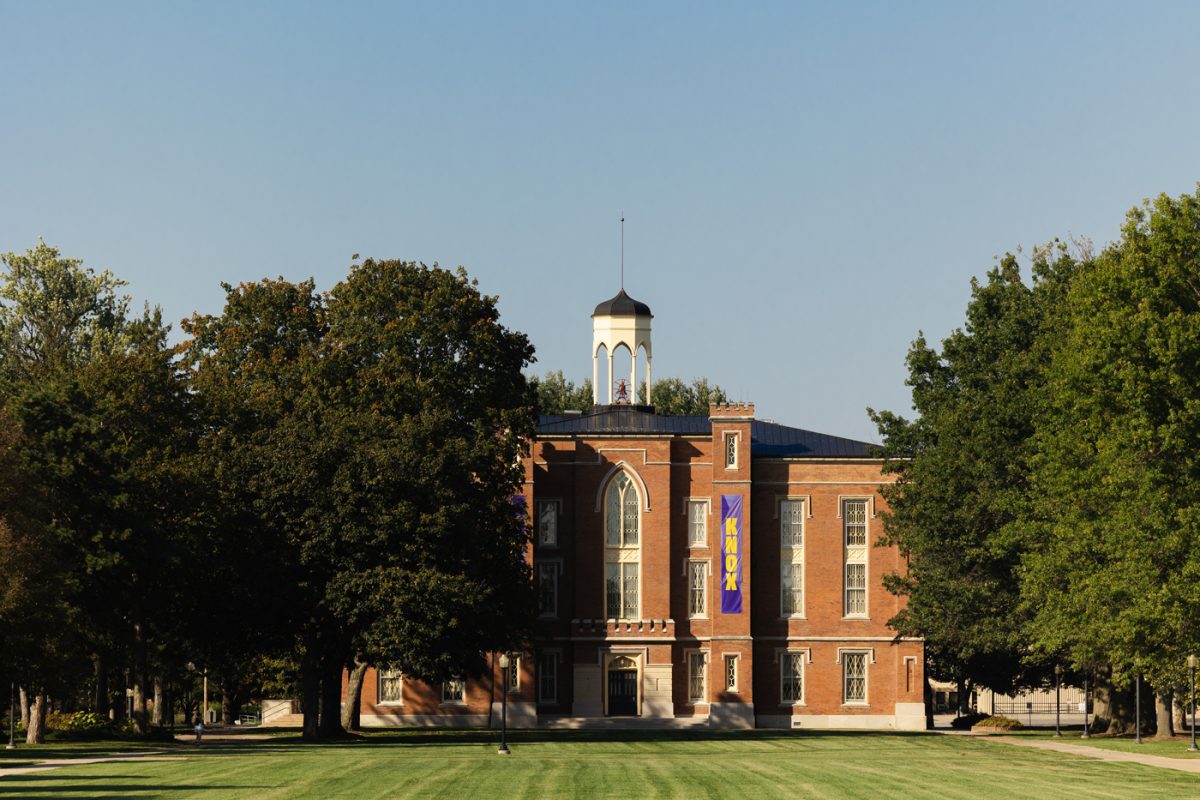
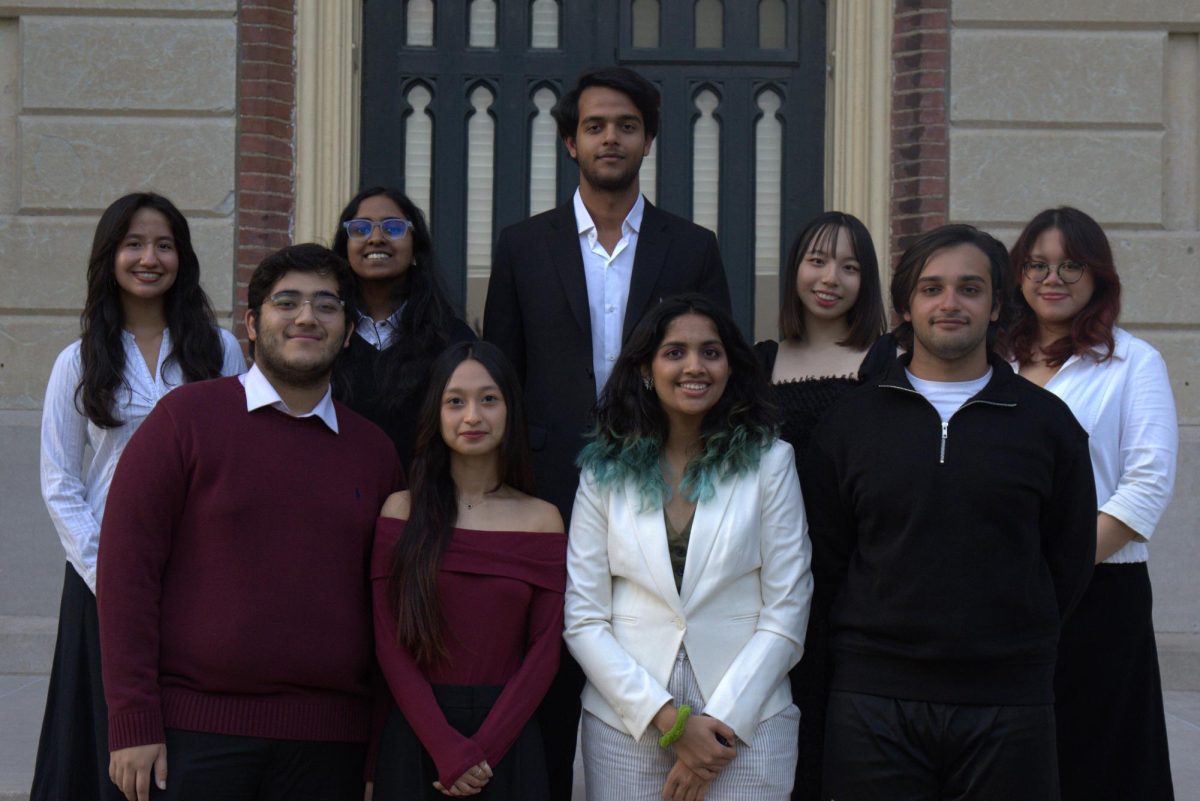
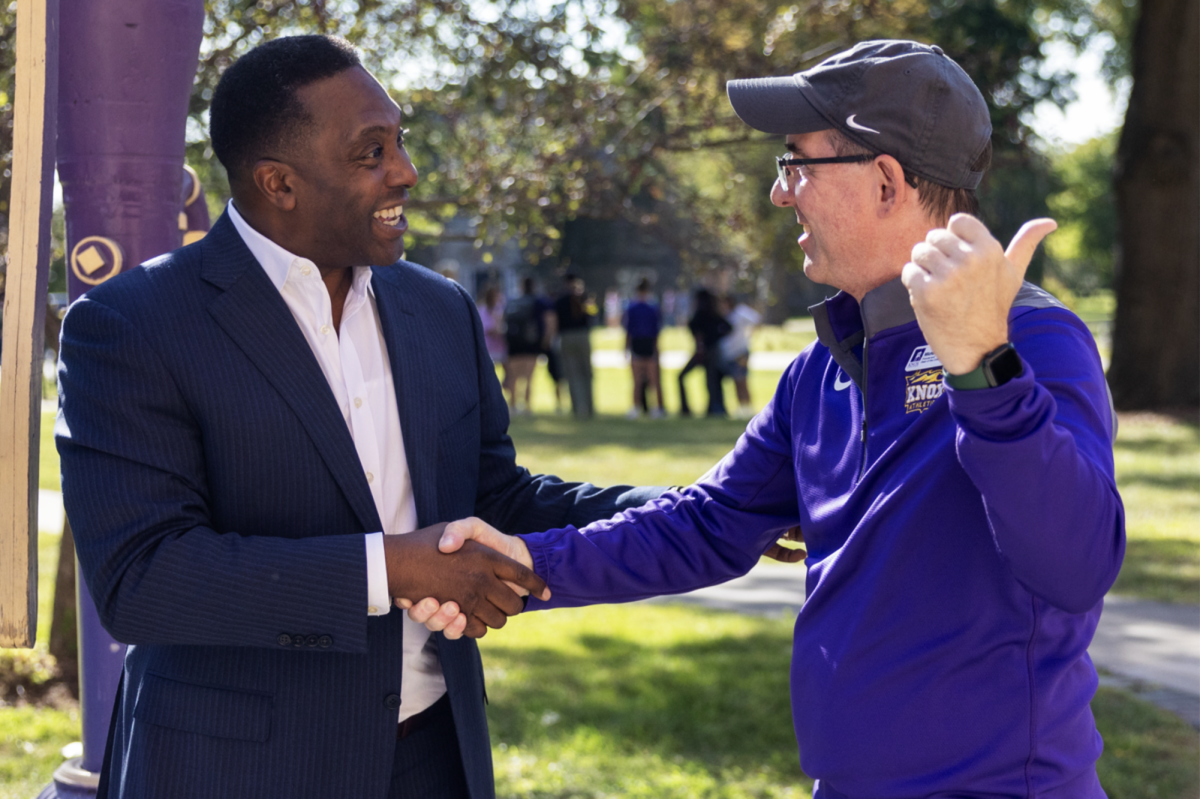
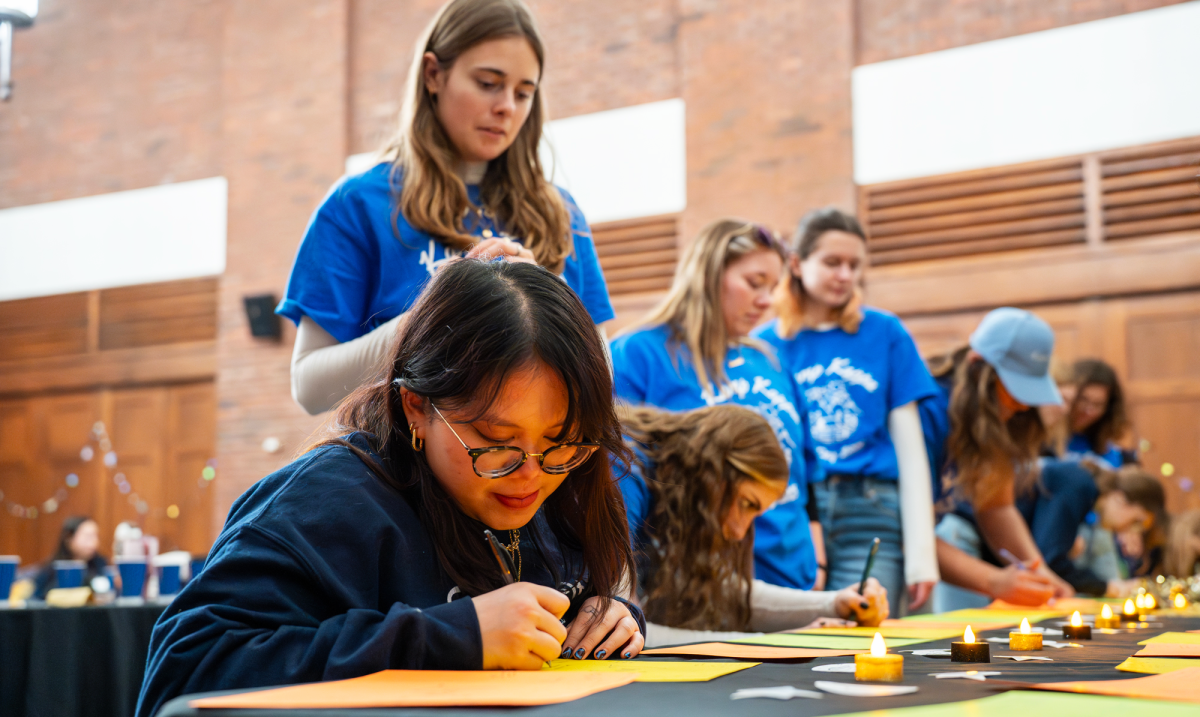
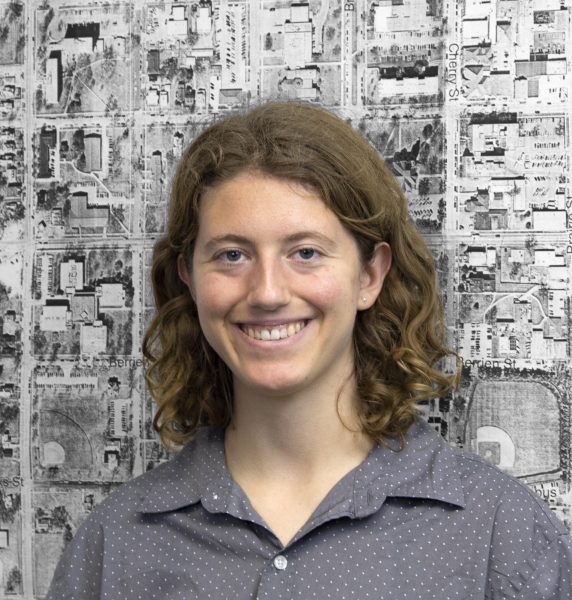

Eleanor Lindenmayer • Feb 3, 2025 at 3:16 pm
That’s a lot of stuff I didn’t know! Very cool.